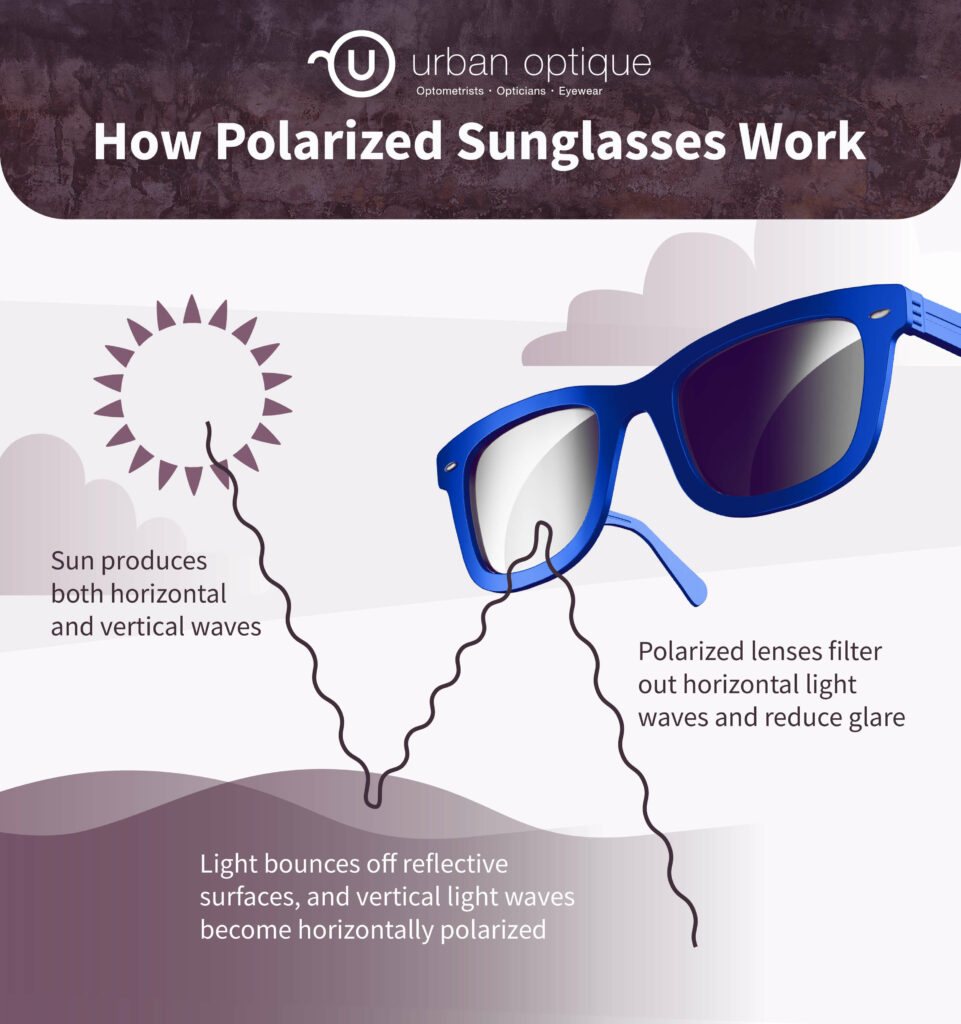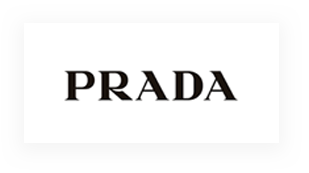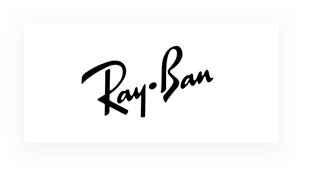For people who spend a lot of time outdoors, sunglasses can minimize light sensitivity and reduce eye strain. Both polarized and non-polarized sunglasses can prevent damage caused by ultraviolet (UV) rays, as long as the lenses offer 100% UV protection.
Non-polarized sunglasses are good for everyday use, generally reducing the intensity of light. For people concerned with glare, polarized sunglasses might be worth considering.
Polarized sunglasses are specially designed to filter and reduce glare and reflection from horizontal surfaces like roads and snow. They are not necessarily better, but could be more useful for you depending on your needs and lifestyle.
How Sunglasses Help Your Eyes
It’s important to protect our skin from sun damage, but it’s equally important to take care of our eyes. Our eyes are sensitive to damage, and excessive exposure to UV radiation can burn the eye and cause keratitis—an inflammation of the cornea.
Photokeratitis refers to the inflammation of the cornea that’s caused specifically by prolonged UV exposure. Over time, UV exposure can also increase your risk of developing other eye problems as well, like cataracts and macular degeneration.
Like sunscreen for our skin, sunglasses can protect our eyes from harmful UV rays and help preserve your long-term eye health.
Factors That Affect UV Levels
The UV intensity that reaches us depends on several factors, including:
- Altitude: At higher elevations, where the air is thinner, less UV is absorbed by the atmosphere. At an altitude of approximately 2,000 meters, the amount of UV radiation can be up to 30% greater than at sea level.
- Latitude: Near the equator, the sun’s rays travel a shorter distance through the atmosphere. With less UV radiation absorbed by the atmosphere, the UV radiation that reaches the Earth’s surface is more intense than at the North and South Poles.
- Surface Reflections: UV radiation can also reflect off surfaces. For example, fresh, white snow can reflect up to 85% of UV light. This means that on certain days, the actual intensity of UV radiation reaching your eyes could be greater than the reported UV index.
The greater the UV intensity, the more quickly the sun can burn our skin and eyes, so make sure to sufficiently protect yourself from the sun.
How Do Polarized Glasses Work?
Glare is caused by direct or indirect bright light entering our eyes and obstructing our vision. To help reduce glare, sunglasses with special filters block light, allowing only select light through.
The sun emits a mixture of horizontal and vertical light waves, but the angle of horizontal surfaces like water, pavement, and snow reflect light and create mostly horizontal light waves. Polarized glasses, or anti-glare glasses, have filters that block these horizontal light waves and allow only vertical light to pass through, effectively reducing glare caused by reflected light.

Does 100% UV Protection Mean Polarized?
100% UV-protective glasses can be polarized or non-polarized.
Simply put, polarization and UV protection are different. However, this also means that some polarized sunglasses don’t offer 100% UV protection, so make sure to check the UV rating before purchasing a pair of sunglasses.
It’s also worth noting that darker sunglasses don’t necessarily offer better protection. Some dark sunglasses can filter out ambient light and glare, reducing your need to squint and potentially alleviating eye strain. But this only reduces the intensity of visible light. If your sunglasses don’t sufficiently block UV light, your eyes are still susceptible to UV damage.
How Can I Tell If My Glasses Offer 100% UV Protection?
When buying sunglasses, look for labels that say UVA and UVB protection. If you’re unsure about how much UV radiation your sunglasses absorb, your optometrist can test your lenses with a photometer.
How to Tell If Glasses Are Polarized
There are 2 simple ways to check if your glasses are polarized.
- Look at an LCD screen: Just like polarized lenses, LCD screens use a polarizing filter to help you see more clearly. The two polarizing filters can cancel each other out, and the screen can appear dark if viewed through polarized lenses.
- Look at a reflective surface: Polarized lenses aim to filter out glare from horizontal surfaces. Polarized sunglasses should reduce any glare present on the surface.
Are Polarized Sunglasses Better for Your Eyes?
While polarized sunglasses reduce glare, polarization alone doesn’t protect your eyes from harmful UV light. If you’re purchasing polarized sunglasses, make sure they offer UVA and UVB protection. Non-polarized sunglasses can also offer the same protection against UV rays.
Polarized sunglasses can benefit people who spend a lot of time outdoors by filtering out glare and effectively reducing eye strain caused by bright light. Non-polarized sunglasses generally only reduce the intensity of light without filtering out glare.
Can I Use Polarized Lenses for a Computer?
It’s generally not recommended because computer and phone screens typically use the same polarization technology as polarized lenses. The 2 filters can cancel each other out, resulting in a blank screen.
Are Polarized Lenses Good for Driving?
Polarized lenses can often be a good choice for driving. They reduce road glare and help filter out light reflecting from glass, snow, and other surfaces. However, polarized lenses can react negatively to some windshield tints, so these lenses won’t be ideal for some cars.
Since polarized lenses also make it difficult to see screens, you might have trouble looking at a GPS or the screen on your car’s dashboard. It’s important to understand these factors when considering polarized sunglasses for driving.
Can I Use Polarized Lenses When Skiing?
When it comes to snow sports like skiing and snowboarding, UV-protective sunglasses are essential for preventing photokeratitis.
Polarized lenses offer both advantages and disadvantages for snow sports. These lenses can help reduce glare and promote eye comfort, especially in snowy conditions. However, they can be so effective that they make it difficult to spot icy patches. In cloudier settings, polarized lenses might make icy patches indistinguishable from regular snow.
Still, their ability to reduce glare can help increase overall visibility, especially in very bright conditions.
Protect Your Eyes in Style
Polarized sunglasses can help many people, but it won’t necessarily be ideal for everyone. Consider the activities you plan on doing to help determine whether polarized sunglasses are the right type for you. If you’re still unsure about what type of lenses to get for your sunglasses, we can help! Our team at Urban Optique can discuss your specific needs and help you find the ideal pair. Book an appointment today to check out the variety of options we have to offer.
















